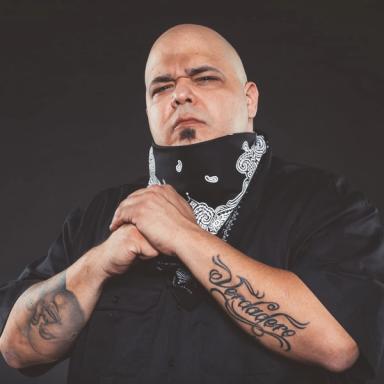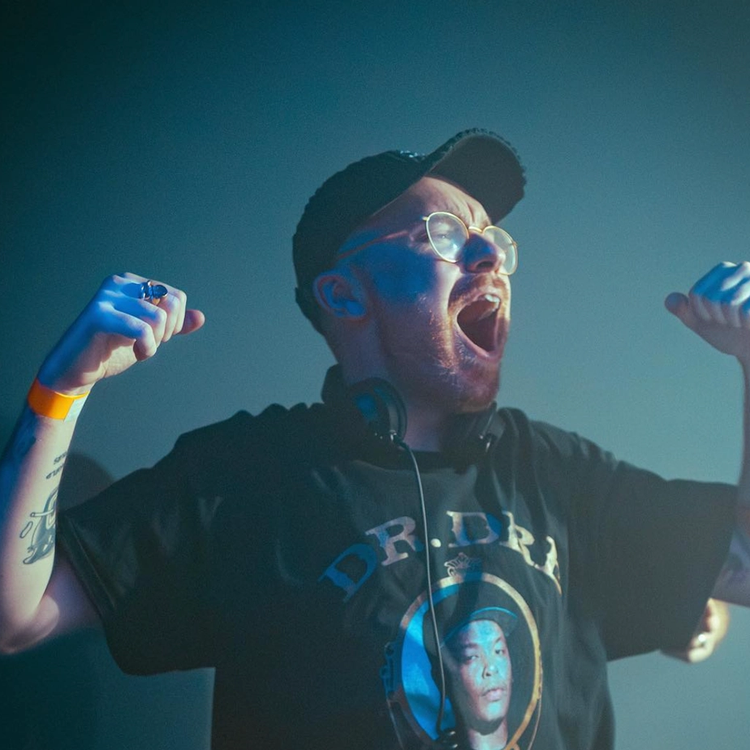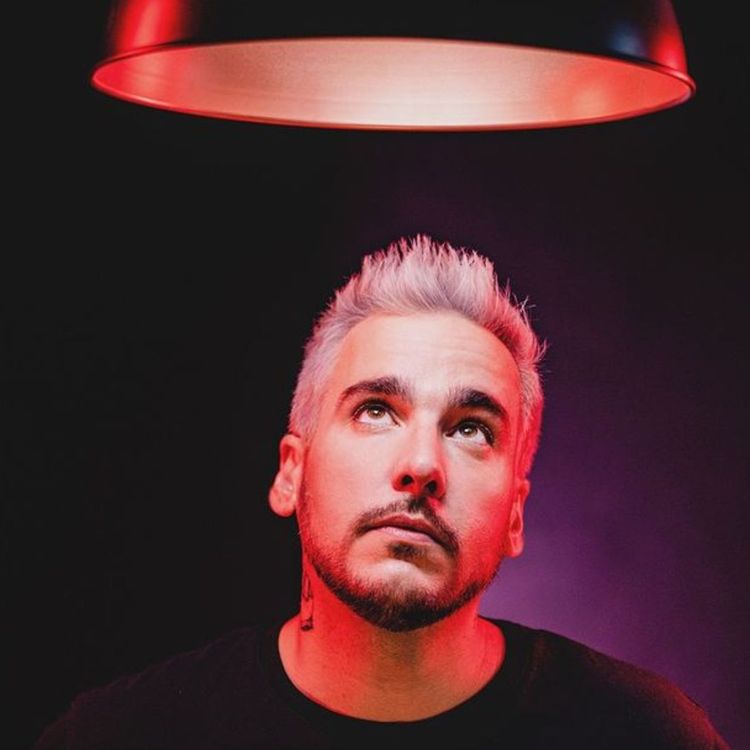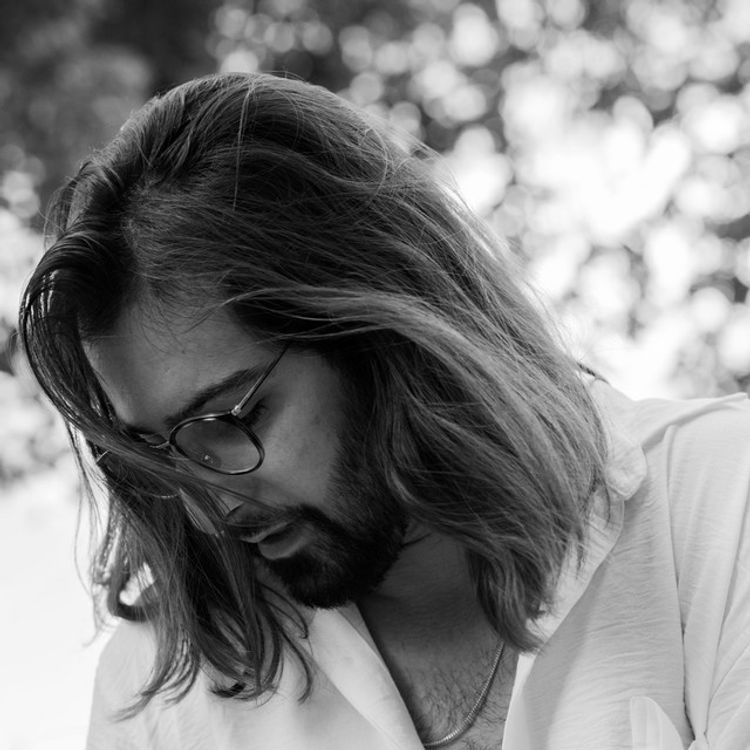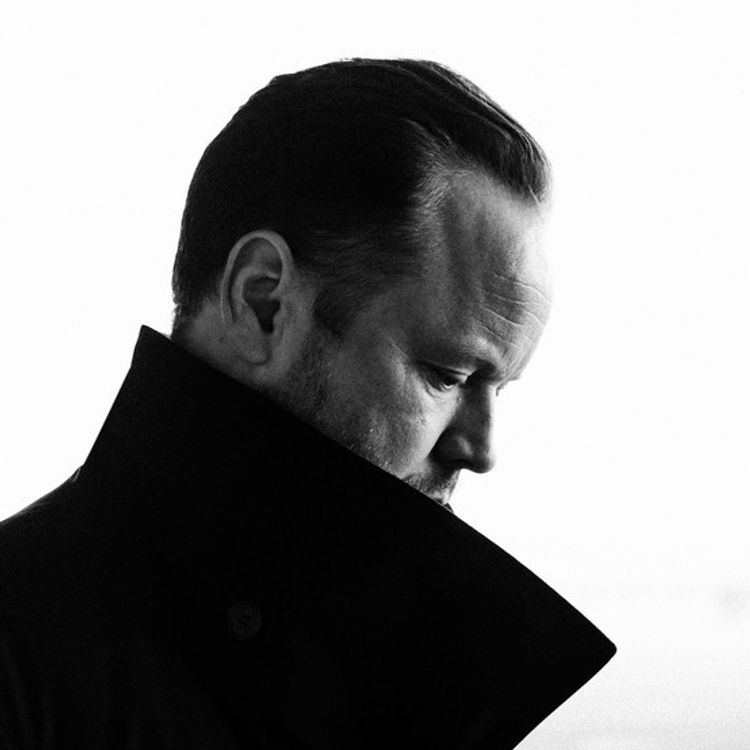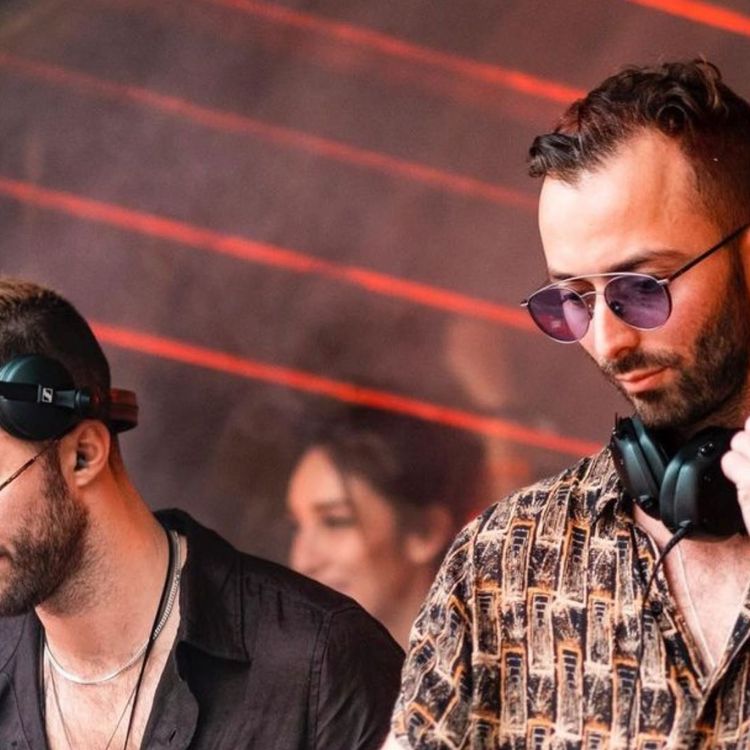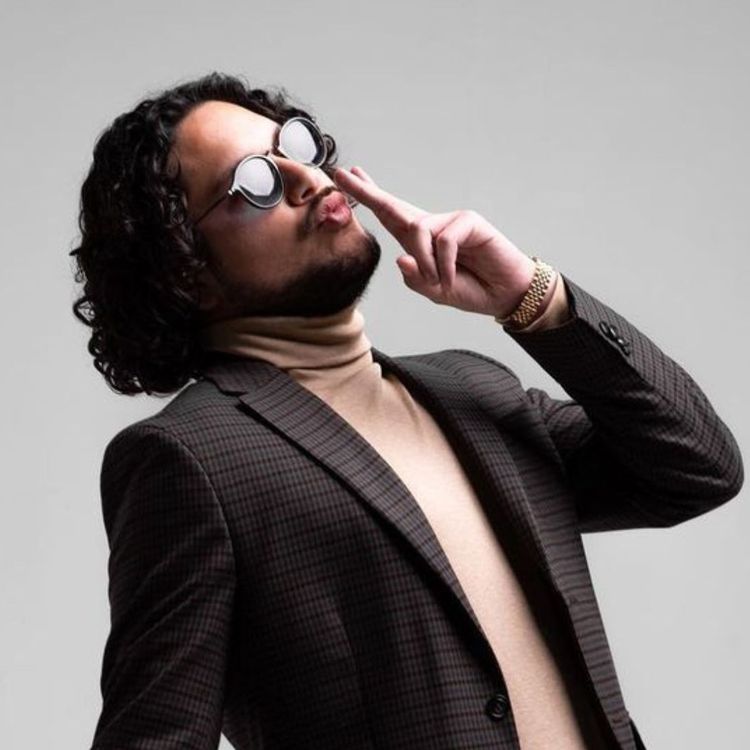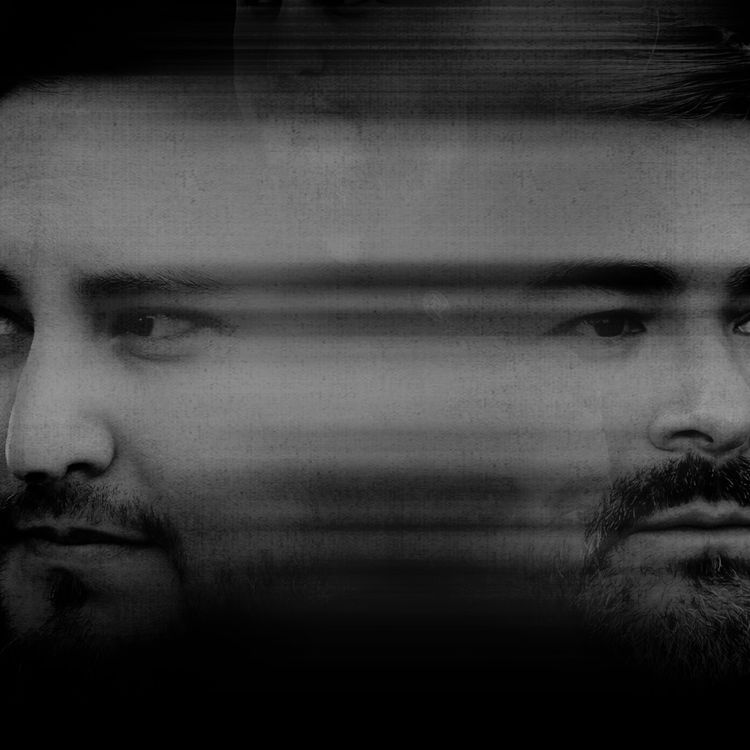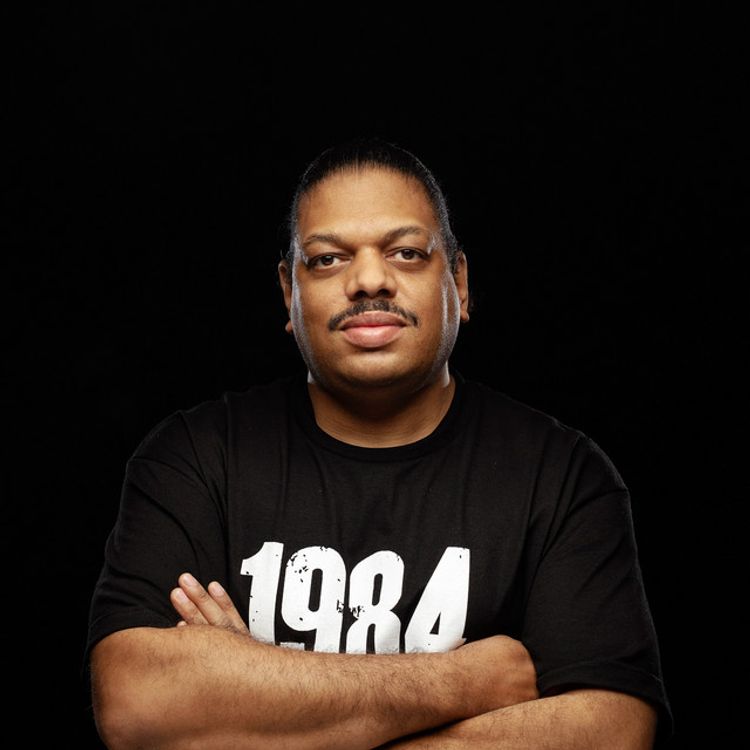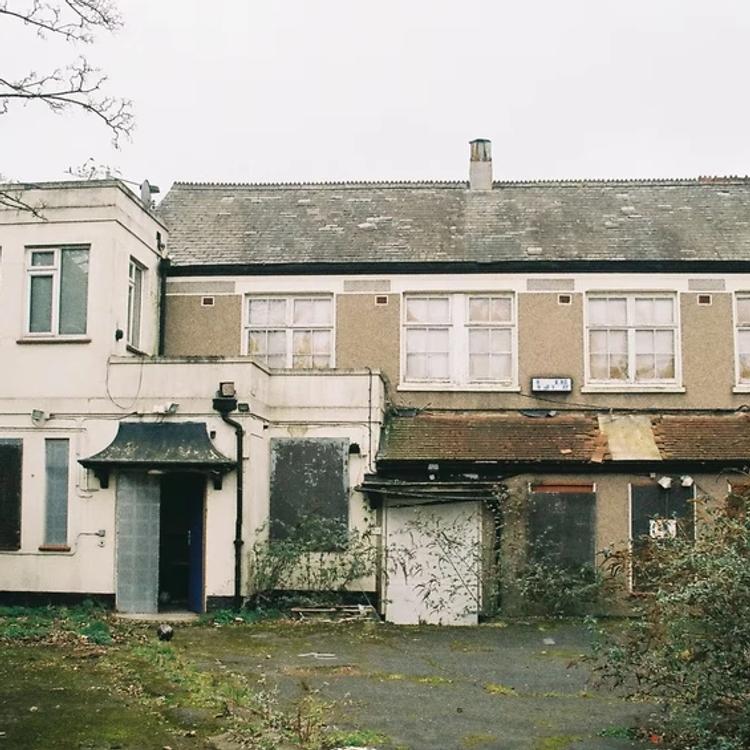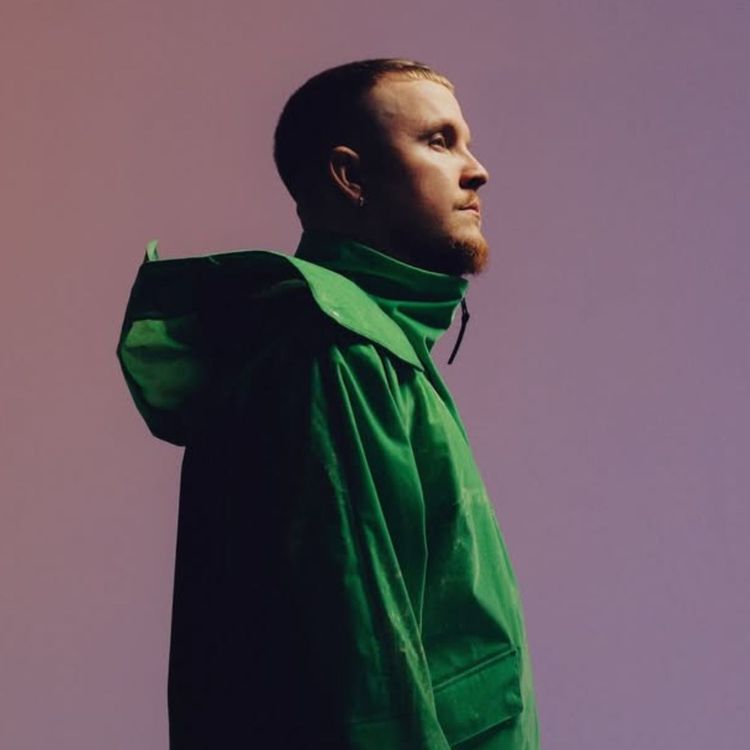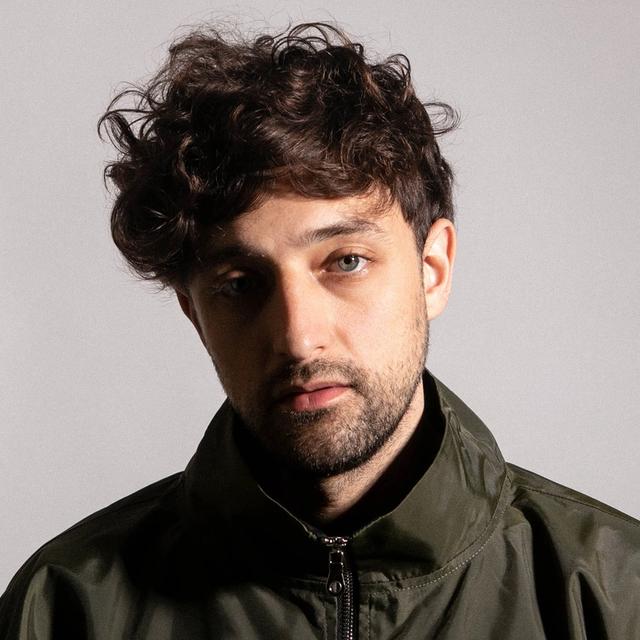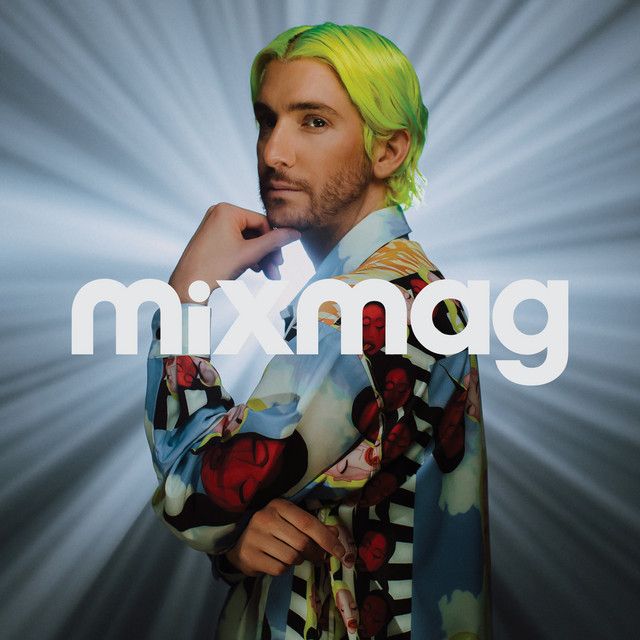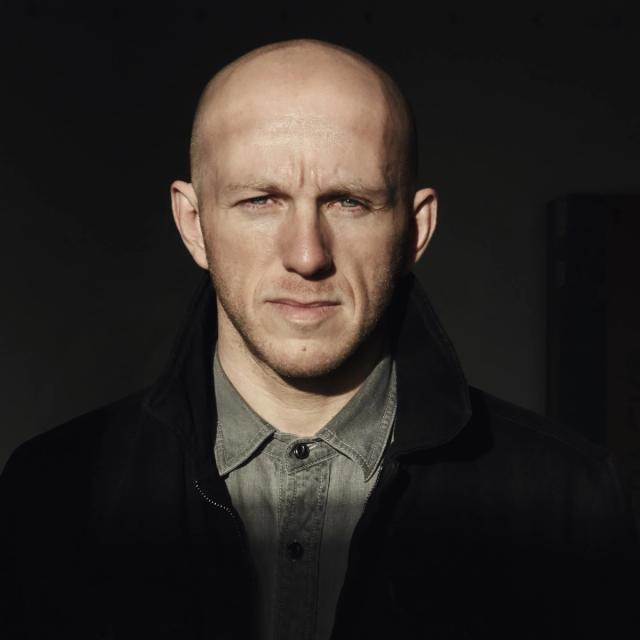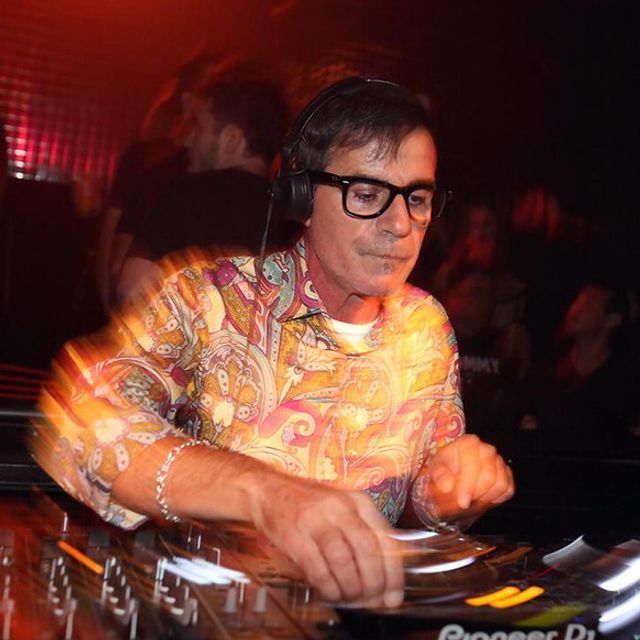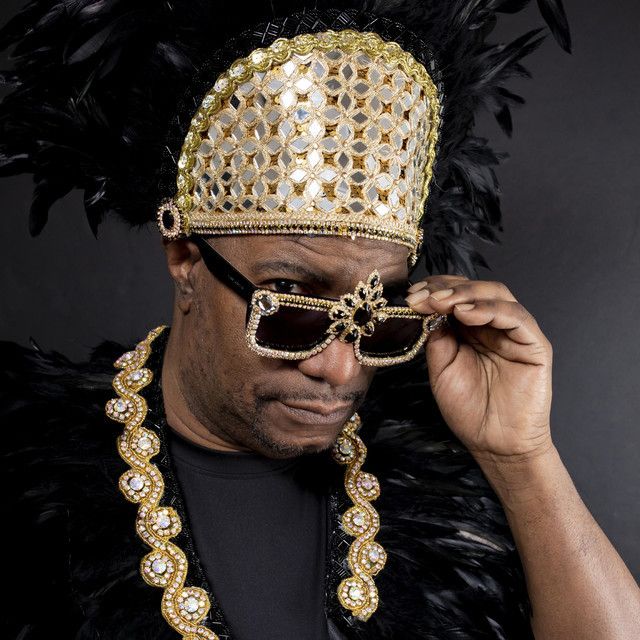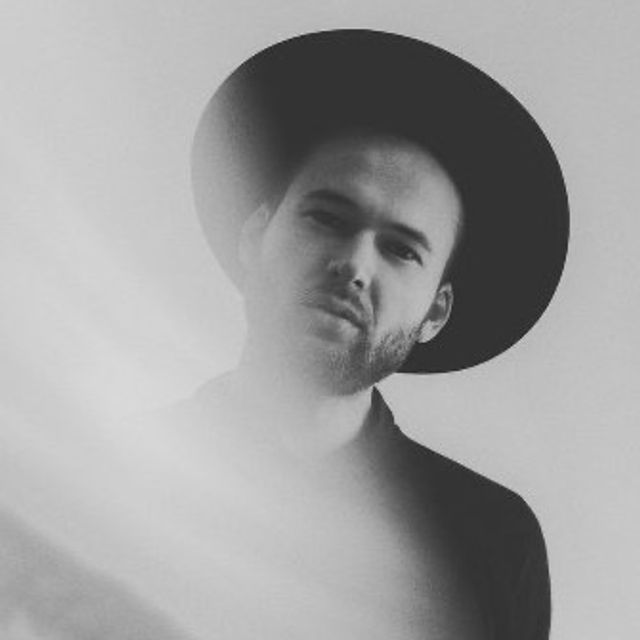Artist Spotlight
Words like legend, icon, and pioneer are tossed around wildly in dance music, often ascribed to those whose time in the industry falls far too short for such superlatives. However, when it comes to DJ Sneak, you'd be hard-pressed to come up with any other way to describe the multi-hyphenate artist who has influenced the direction of dance music in such innumerable ways. From leading the charge as part of Chicago's second wave of house music to inspiring Daft Punk with his trailblazing filtered disco sound, the DJ, producer, songwriter, label owner, and often outspoken self-professed "House Gangsta" helped draft the blueprint for modern dance music.
Born in Puerto Rico, he moved to Chicago in the dead of the winter in 1983. Spending the first months in the States inside, avoiding the bitter cold, and being unable to speak English meant the only way he could soak up American culture was through Chicago's vibrant and cutting-edge radio stations. WBMX FM's groundbreaking mix shows like Hot Mix 5 took early house music out of the bedroom studios and dark warehouses into homes, car stereos, and boom boxes.
"A couple of radio stations were dedicated to dance music, even though it wasn't called dance music [at the time]. It was semi disco, funk, and early electronic house. But it was every day, and it was 24 hours a day. We were getting educated by just listening," he explains.
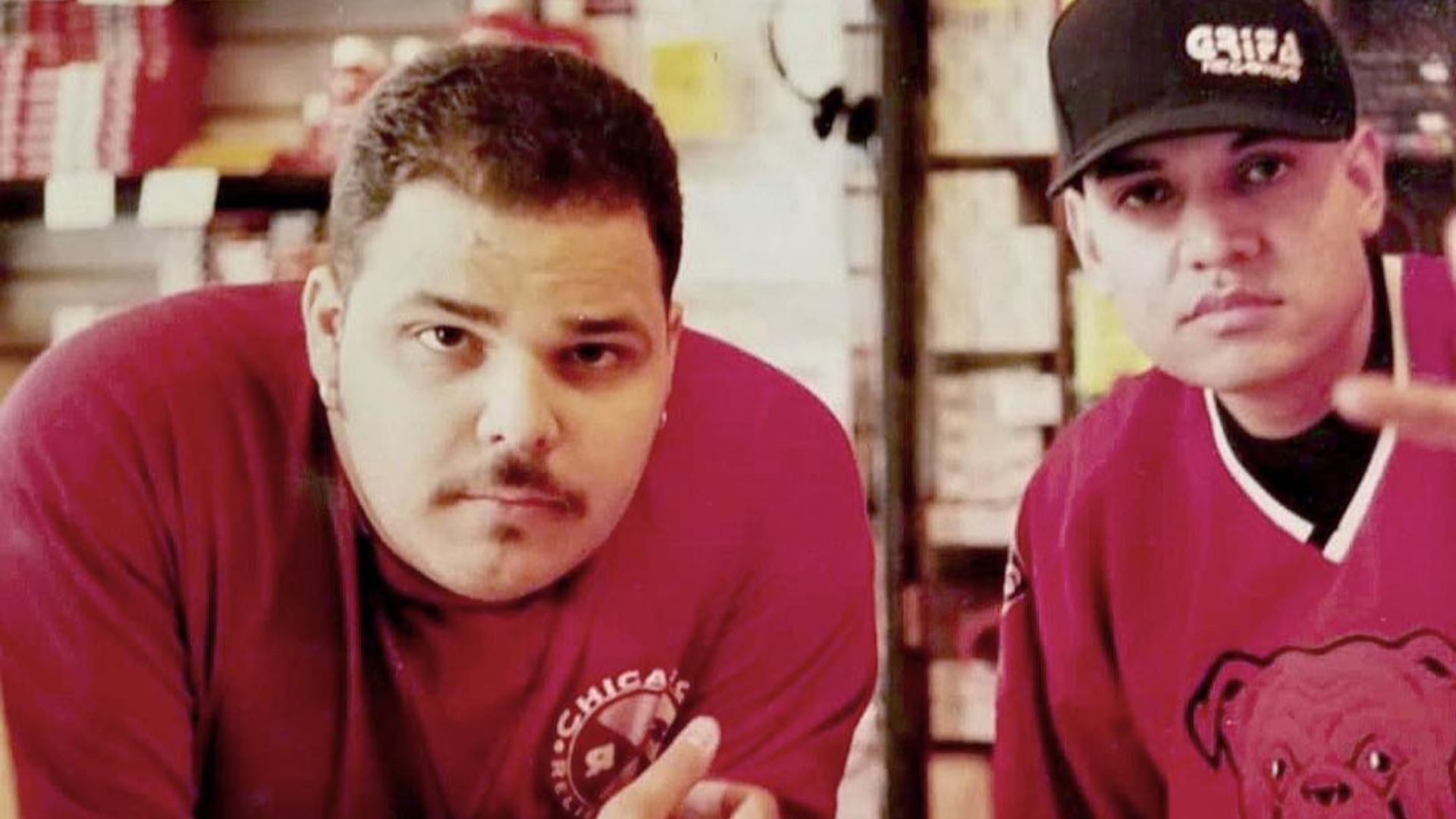
DJ Sneak at Gramaphone Records
No one knew they were at a critical inflection point for modern music. Hip-hop, funk, disco, and house formed the foundation for the following four decades of urban culture. On the weekends, DJ Sneak listened to Farley Jackmaster Funk and Ralphi Rosario, who he later learned was also Puerto Rican. "And once I put one and one together, my interest in the music became bigger because his music was early Latin house with his vocals. I was like, 'Holy shit. That's so me!' That really brought me into house music."
DJ Sneak spent the next ten years immersed in the city's DJ culture, eventually working at one of its most celebrated record stores, Gramaphone Records. Alongside coworkers like Derrick Carter, he was at the epicenter of the second wave of house music and trusted by customers like Bad Boy Bill and Cajmere—aka Green Velvet—to slip them the best cuts and most exclusive white labels. The relationships he formed allowed him to promote his homegrown house music. After two years, he was on the rise off the back of the Blue Funk Files EP released on Green Velvet's Relief Records.
DJ Sneak's ability to shapeshift while maintaining a raw and edgy sound across subgenres earned him early praise from the likes of Kenny Dope, Todd Terry, and Louie Vega. On his first trip to New York, Sneak was floored when Vega dropped his track "Show Me the Way" at The Sound Factory for a room of industry icons, including Roger Sanchez, Armand Van Helden, Francois K, and Barbara Tucker.
He explains that there were two DJ Sneaks. Chicago Sneak brilliantly fused the city's deep and funky side with its bangin' booty bass alter ego. Todd Terry inspired New York Sneak to reimagine disco into what would become the prevailing sound of the late '90s, filtered disco house. And while French producers like Daft Punk eventually dominated it, he's largely credited with creating the subgenre's warbling, futuristic soundscape. Daft Punk even name-checks his influence in their single "Teachers" and enlisted him to write the lyrics for "Digital Love," released in 2000.
What's most impressive is that he did all this without a massive studio. He crafted his first hits with only four pieces of gear. And the filtered disco sound emerged due to experimentation and limitation.
"The first 20 records I did, I was messing around and practicing, and people liked what I was doing," he explains. "The filter came from the necessity of not having anything else to use."
In his early days, he ran across mixtapes from Ron Hardy, known for his disco edits. But Sneak explains that his primary influence for digging through old disco records was Todd Terry. He used the SP1200 sampler similarly to hip-hop producers to add his patented bone-crushing swinging drums to disco.
Sneak took the idea one step further when he acquired an Akai S950, a sampler with a less gritty sound.
"I went through each little button, and then one day, I found the filter. And I twisted a button. I was like, 'Whoa, what?' And that became my trademark. So, Todd was doing straight disco. I started filtering and making basslines out of shit. And then sampling the same sample on another channel [for] the high end. The only people that were doing that shit were the drum and bass guys from the UK."
For all of his influence musically, DJ Sneak has never been one to let his music solely speak for itself and has often been outspoken about the prevailing state of dance music. He's quick to mention that it's not house music that's changed. It's the industry. And throughout the EDM boom, he was sure to point out the hypocrisy of a culture founded by social outcasts and Black and Brown people, overrun with a celebrity ideology that put the DJ on a pedestal.
"Everybody says I make moves because I'm DJ Sneak, and I haven't put up with people's shit," he says. "I speak my mind. I've always been true and original towards the love I have for house music and the craft of DJing. I take pride."
He explains that when he spoke out about those at the upper echelons of EDM making a mockery of the art and culture, he did so with a complete understanding of the cash cow the industry had become.
"I was like [you're all] a bunch of phonies. It's a show, I get it. You're entertainers, you're not disc jockeys. You're not DJs who love music. But I grew up in it. So I took a lot a lot of low blows."

After a period of being a boisterous proponent for preserving the culture, and a lot of negative press that often took his words out of context, he hung up social media for good. Instead, he took back control of his masters and carried on as he had before, with the full intention of being an unapologetically authentic curator of the culture.
"I remember Frankie Knuckles saying, 'The first 30 years, you're just practicing to get it right. After 30 years, you're gonna get recognized, and people are going to really know,'" Sneak says, emotionally remembering his friend and mentor. "I'll stand on my own two feet. And still do what I do. I still make music. I still love everything about the music part of it. [The] music industry, the business of that. I can care less. I can survive on my own."
